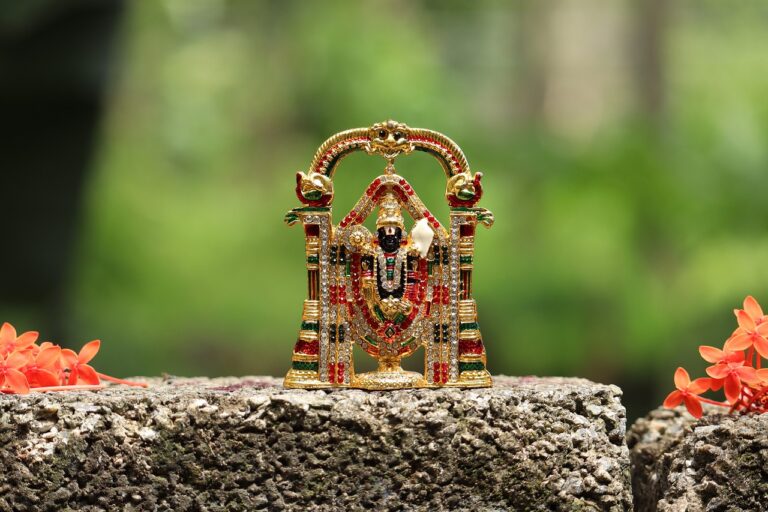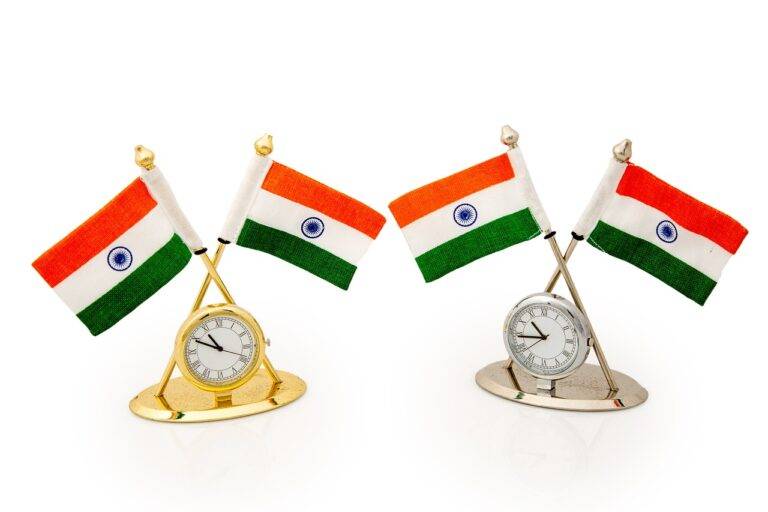Exploring the Influence of Party Affiliation on Voter Perception of Election Fairness
Political ideology plays a pivotal role in shaping how voters perceive the fairness of elections. Individuals tend to view the electoral process through the lens of their political beliefs, influencing their judgment on the legitimacy of election outcomes. Research suggests that individuals with strong partisan inclinations are more likely to perceive elections as fair when their preferred candidate emerges victorious, regardless of any irregularities or discrepancies in the electoral process.
Moreover, studies have shown that voters are more inclined to question the fairness of elections when their political ideology is at odds with the governing party or candidate. This indicates that preexisting ideological biases can significantly impact how individuals evaluate the fairness of electoral processes, highlighting the complex interplay between political beliefs and perceptions of election legitimacy. Understanding these dynamics is crucial in addressing concerns related to election fairness and ensuring the integrity of democratic governance.
• Individuals tend to view the electoral process through the lens of their political beliefs
• Research suggests that individuals with strong partisan inclinations are more likely to perceive elections as fair when their preferred candidate wins
• Voters are more likely to question the fairness of elections when their political ideology is at odds with the governing party or candidate
• Preexisting ideological biases can significantly impact how individuals evaluate the fairness of electoral processes
• Understanding these dynamics is crucial in addressing concerns related to election fairness and ensuring democratic governance integrity.
Factors Contributing to Partisan Bias in Evaluating Election Fairness
In evaluating the fairness of an election, partisan bias plays a significant role in how voters perceive the legitimacy of the electoral process. Research has shown that individuals tend to assess the fairness of an election based on their pre-existing political beliefs and affiliations. This bias can lead supporters of a certain party to perceive the election as fair when their party wins, even if there are allegations of irregularities or voter suppression.
Furthermore, the media’s portrayal of elections can also contribute to partisan bias in evaluating election fairness. Biased reporting or selective coverage of events leading up to the election can sway voters’ beliefs about the legitimacy of the process. When media outlets favor one party over another or sensationalize certain aspects of the election, it can reinforce existing partisan views and further entrench biases in how voters perceive the overall fairness of the electoral system.
The Impact of Media Coverage on Voter Beliefs About Election Fairness
Media coverage plays a crucial role in shaping voter beliefs about the fairness of elections. The way in which media outlets report on election-related events, such as voter suppression allegations or irregularities in the voting process, can significantly influence how voters perceive the overall fairness of the electoral system. Biases in media coverage, whether intentional or unintentional, can contribute to the polarization of voter opinions on election fairness.
Moreover, the amount of coverage devoted to specific elements of the electoral process, such as ballot security measures or candidate controversies, can also impact voter beliefs about election fairness. When certain aspects of an election receive disproportionate attention in the media, voters may perceive these elements as more significant in determining the fairness of the overall electoral process. Additionally, the tone and framing of media coverage can influence the way in which voters interpret information about election fairness, potentially reinforcing pre-existing biases and beliefs.
How does political ideology influence voter perception of election fairness?
Political ideology plays a significant role in shaping voter beliefs about election fairness. Individuals with different political ideologies may interpret the same information differently and have varying levels of trust in the election process.
What are some factors contributing to partisan bias in evaluating election fairness?
Partisan bias can be influenced by a variety of factors, including media coverage, prior beliefs about the political system, and party loyalty. Individuals may be more likely to perceive an election as fair if their preferred candidate wins, regardless of the actual fairness of the process.
How does media coverage impact voter beliefs about election fairness?
Media coverage can have a substantial impact on voter perceptions of election fairness. Biased or inaccurate reporting can lead to misinformation and contribute to partisan divides in how voters view the legitimacy of election outcomes. It is important for media outlets to provide balanced and accurate coverage to help maintain trust in the electoral process.







